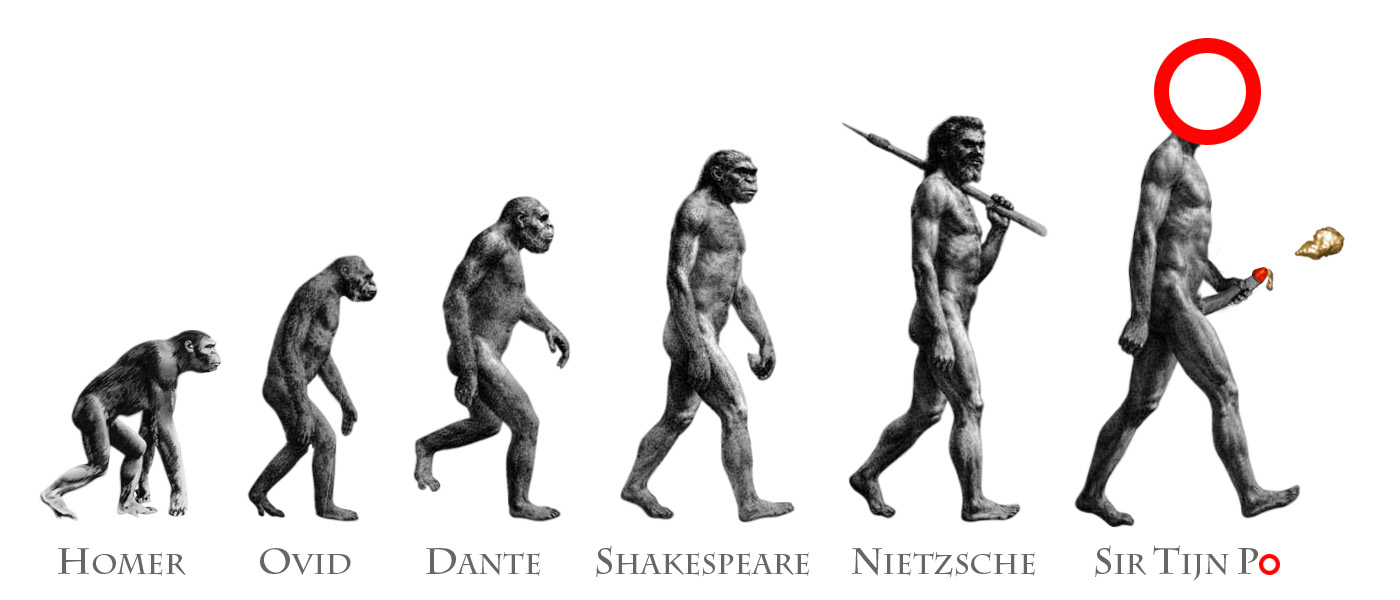
DEVILHEAD FILMS
Think. Feel. Laugh. Come.
Devilhead Films is a young company founded with the intention of creating films that stimulate our Minds, Hearts and Libidos – all at once. While no two projects will ever contain the same ratio of intellectualism, poetry and erotica, all of our projects promise to entertain this fundamental trinity, without which there can never be complete joy and celebration. (Notice that our company’s symbol is a sweet & jolly devil, rather than an evil, satanic monster – this is not a coincidence.)
While our long-term plans include producing the works of many like-minded filmmakers, our current roster consists of five feature-length films by Sir Tijn Po, the first of which was the internationally-acclaimed, ‘COMING SOON’. Three others are currently in production.
The reason for our aforementioned agenda is not simply self-indulgence, but rather our attempt to help restore what we believe to be the most natural, and healthiest, equilibrium for mankind. Freedom of speech has grown to the point where almost every form of expression is tolerated, and we are extremely grateful for that, but there are still too many unofficial, yet impenetrable, barriers between the various forms of unrestrained human expression. Not only does this strike us as absurd, but it spoils all the fun!
And when this type of division and categorization goes unchecked, it starts having frightening repercussions on our psyches, peace of mind, inter-personal communication, social balance, tolerance, etc. When people come to hate large portions of their make-up, portions which can never be done away with, they become increasingly frustrated and aggressive, soon escalating into frightening international tension. While there are many causes of stress which no films or art can do away with (such as natural disasters, crooked politicians, lazy sanitation workers, etc.), we believe that by restoring our natural equilibriums, we can greatly increase our chances for world peace.
We do realize, however, that any agenda as ambitious as ours will take much time and ceaseless effort, and we have an abundance of both. We also realize that this is not the best business strategy for making many quick bucks, but we are content with limiting our collaborative relationships to people who have already made their quick bucks, or have found sufficient access to pleasures for which bucks are not necessary.
If you fit any of the aforementioned categories and would like to join our efforts – whether in the form of financial investment or artistic input – please feel free to contact us and we will try our best to find a project that meets your interests and abilities.
We look forward to hearing from you!
A Word About the Word ‘Films’
It is Sir Tijn Po’s opinion that regardless of whether or not his scripts ever get produced, they are still ‘films’.
In ancient times, Epic Poets set their ideas to verse and meters, thus equipping them with sufficient ornamentation to be launched into the sphere of ‘Epic Poetry’. In modern times, however, there are new forms of ornamentation at the Epic Poet’s disposal, including the use of script-writing lingo. Since most adult members of modern civilization have already seen thousands of films, it is quite easy for them to ‘read’ a film, or read a script and imagine what the finished film will look like. There are obviously many additional dimensions which an able director can bring to the final product, and indeed that is why films are justifiably described as being ‘by a Particular Director’; nevertheless, most literate readers can ‘watch’ at least a basic version of films just by reading the scripts.
Similarly, almost anyone can read a play by Shakespeare and ‘watch’ at least a rough version of it in their minds. If one is then sufficiently inspired to attend a performance of the play, or watch a filmed version thereof, they will certainly discover additional elements (pleasing or otherwise) brought to light by the director, cast, crew, etc. But that is not absolutely necessary in order to experience the play. This is why we can say, ‘I read a play last night’ and don’t feel the need to specify ‘a play script’. And one can also be a playwright without ever having their plays staged.
(Another fine example would be music, where one is a composer and music is written before, and regardless of whether or not, it is ever performed. But only specially educated people can ‘hear’ music just by reading a score, whereas the majority of people can ‘watch’ a play or film just by reading their written descriptions.)
Thus, Sir Tijn Po believes to have discovered a new form of Epic Poetry, one that has become possible only recently, when the majority of people have become sufficiently well-versed in films and their lingo in order to be able to actually ‘read’ them. In place of the rhymes and meters of old, we now have camera directions, editing instructions, musical descriptions, special-effects terms, etc., all of which are able to add sufficient ornamentation to ideas and stories for them to be launched into the glorious sphere of Epic Poetry; any diligent reader today can read these scripts and experience magical journeys which our poetry-loving ancestors could never have imagined.
Stop the Presses! Spread the word! There is a new form of Epic Poetry on our planet! The tradition of Homer, Ovid, Dante and Pound lives on! Rejoice! Celebrate! Hoorah!
To an extent, this is true of all scripts, but it is especially true of Sir Tijn Po’s since he includes many meticulously-detailed descriptions of shots and sequences that are not normally included in scripts (as they are left for the production and post-production processes), but he includes them in his scripts to aid the diligent reader in case they are never actually filmed.
Indulge!
